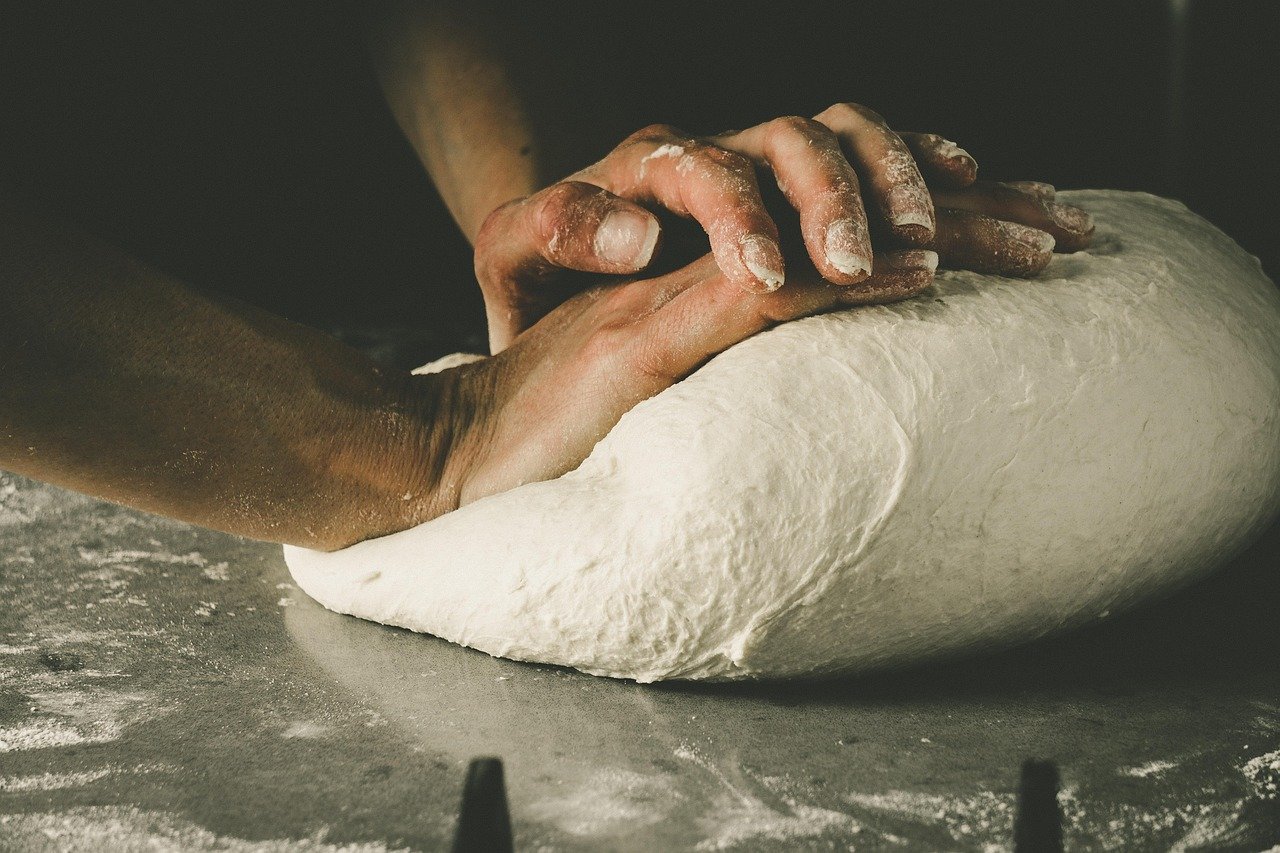The creative calling is present from the very beginning of time. In words that echo through the ages, God intones, “Let us make man in our image, after our likeness.” Then Moses reports, “So God created man in his own image, in the image of God he created him; male and female he created them” (Gen 1:26-27). Humans are thus made “in the image of God.”
Login to read more
Sign in or create a free account to access Subscriber-only content.
Topics:
